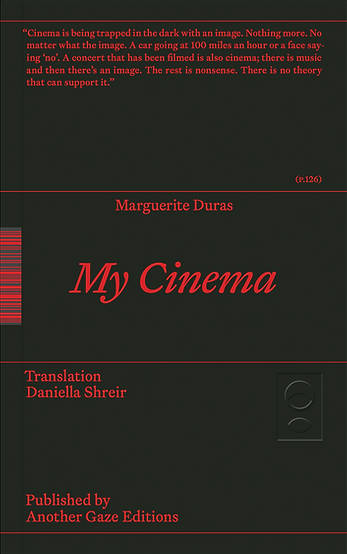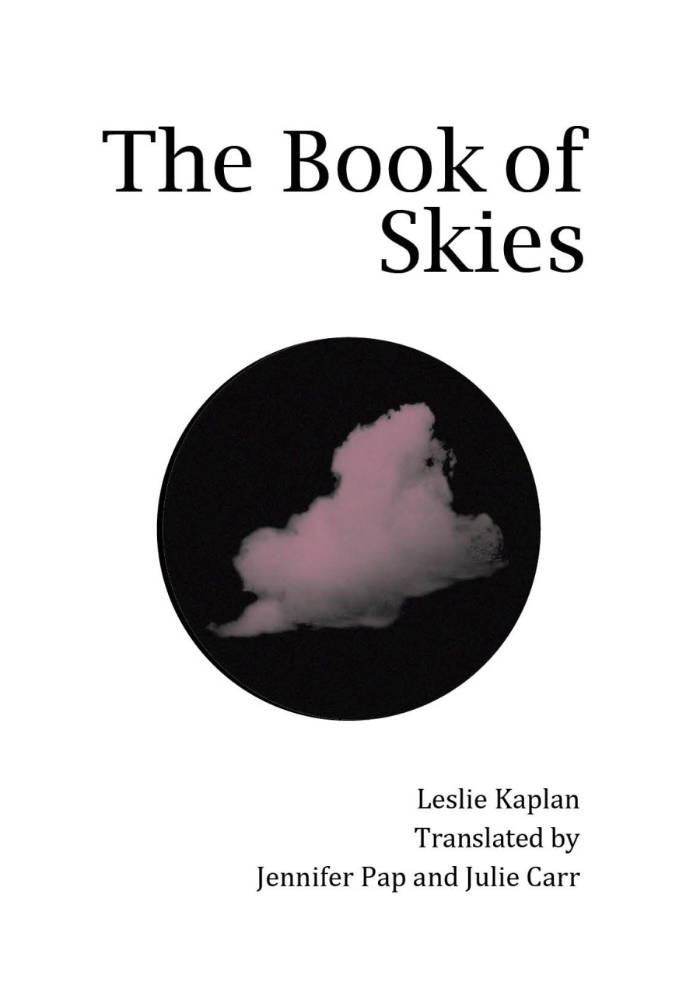
L'Opoponax
“The “opoponax” uses neither the language of adults nor that of children; he is neither the novelist nor a narrator. Confronting – in a moving “we” – the “he” and the “I”, he seems to have cancelled them out by the other: this voice which speaks in the present tense of very concrete things, which is gradually strengthening and discovering itself, could it not simply be ours?
My Opoponax is perhaps, indeed it is almost certainly the first modern book ever written about childhood. My Opoponax is the capital execution of ninety per cent of the books that have been written about childhood. It is the end of a certain literature and I thank God for it. It is a book that is both admirable and very important because it is governed by an iron rule, never or almost never broken, that of using only pure descriptive material, and only one tool, pure objective language. The latter takes on its full meaning here. It is the very same language – but brought to the plainsong by the author – that childhood uses to clear out and count its universe. Which is to say that my Opoponax is a masterpiece of writing because it is written in the exact language of the Opoponax.” (Marguerite Duras)



.jpg)



